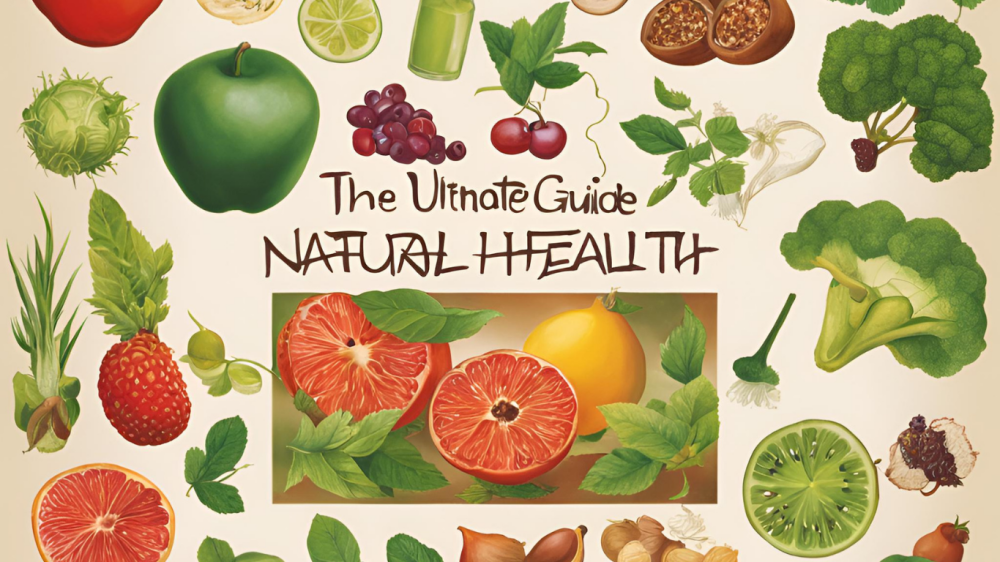
I hear people talking about natural health all the time, and I wonder, what exactly does it mean? It’s not just a trend or a set of home remedies; it’s a comprehensive philosophy that puts your overall well-being in the spotlight. At its core, natural health is about respecting and working with the body’s inherent abilities to heal and maintain balance.
If I were to draw a line between conventional medicine and natural health, I’d say the former often focuses on treating symptoms, whereas the latter emphasizes prevention and targets the underlying causes of illness. Natural health advocates believe that you don’t have to wait for a problem to start thinking about your health.
Preventative care is a cornerstone of the natural health philosophy. It’s about making choices that reduce the risk of illness before it has a chance to take hold. I consider it akin to nurturing a garden; it’s all about tending to your body and mind regularly so that you don’t have to deal with weeds (or diseases).
Let’s talk about what’s on your plate. Food is more than fuel; it’s medicine. The natural health approach places a HUGE emphasis on diet and nutrition, encouraging whole, unprocessed foods that nourish the body and support its healing processes.
However, in my journey through the world of wellness, I’ve come across quite a bit of misinformation. It’s important to steer clear of myths and unverified claims. While it’s good to be curious and open to new ideas, always seek evidence-based information.
I’ll lay it out straight: embracing natural health isn’t a one-size-fits-all deal. It’s a personal journey tailored to each individual’s needs. As we transition to the next section, I’ll share actionable steps that you can take to kickstart your journey toward a healthier, more balanced life.
Taking Control of Your Health Naturally: Your Action Plan
Developing a comprehensive natural health routine doesn’t happen overnight. I recommend taking measured, gradual steps to incorporate changes into your lifestyle. The key is to find what works best for YOU and to adapt these practices accordingly.
Herbal remedies and supplements can be excellent additions to your health regimen, but they should be used thoughtfully. Always consult with a healthcare professional before starting any new supplement, especially if you’re already taking medications. It’s important to choose high-quality products from reputable sources to ensure safety and efficacy.
Mental and emotional balance play an undeniable role in your overall health. Practices like meditation, mindfulness, and participating in hobbies you enjoy can significantly improve mental health. These practices not only alleviate stress but can also contribute to better physical health outcomes.
Regular physical activity is a cornerstone of a healthy lifestyle, but it doesn’t mean you need to run marathons unless that’s your passion. Walking, yoga, swimming, or even gardening are excellent activities that keep the body active without undue stress. It’s about moving your body in ways that feel enjoyable and sustainable for you.
Living sustainably does more than benefit the environment; it can also enhance your health. Simple actions like reducing plastic use, eating local and organic foods, and minimizing waste contribute to a healthier lifestyle that aligns with the principles of natural health.
Lastly, consider professional guidance. A natural health practitioner can offer personalized advice and support. Whether you choose a naturopath, a holistic nutritionist, or another type of practitioner, ensure they’re qualified and align with your health beliefs and goals.
Remember, the journey to natural health is UNIQUE to each individual. It requires patience, commitment, and a willingness to learn and grow. Embrace the changes at your own pace, LISTEN to your body, and make informed decisions. You have the power to take control of your health – choose to nurture it with the wisdom of natural, respectful practices.


Recent Comments